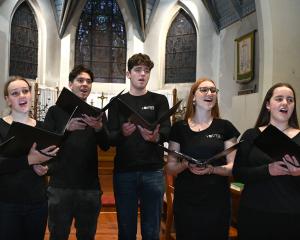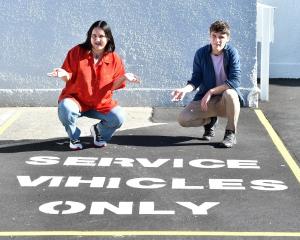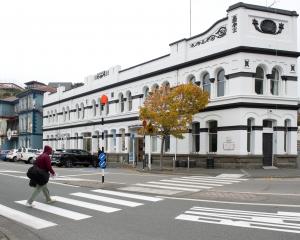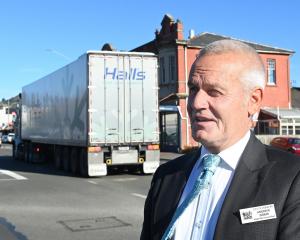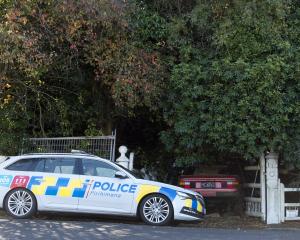
The weight of New Zealand's aged-care system rests on the shoulders of people like Kevin Keogh.
The retired plumber is an unlikely "Atlas", but in caring for wife Lynn in their Dunedin home he - and the estimated half million other New Zealanders who care for a relative or loved one - are saving the system hundreds of millions of dollars.
The rest-home industry freely admits that it would be at crisis point without unpaid family carers, who are looking after people who might otherwise be looking for a bed at a time when many homes are at 90% or more of capacity.
Hospitals would also have more patients and other services and workers would also be stretched beyond breaking point.
Mr Keogh is philosophical - this is not what he and his wife intended for their retirement, but you play the cards life deals you.
However, both wish they had been told all the rules of the game beforehand.
"You don't know what you don't know, and until we came up against something and it was pointed out to us, if you don't know that something exists then you don't know to ask. It doesn't get any easier; it's a matter of chance I suppose," Mr Keogh said.
"Nobody told us what was available for me to help look after Lynn ... We found out a lot of things by accident. You would be talking to someone somewhere and they would make a comment and you would ask how do you get on to that or qualify for this."
He, like many people who found themselves in a caring role, faced a "double whammy" - trying to deal with a loved one's condition and navigating a strange new world of entitlements, allowances and assessments.
Some carers - especially those caring for partners - often face the additional difficulties such as their own advanced age and health issues, and being unable to handle the physical requirements of giving care.
"We've had absolutely brilliant service from the hospital and the health system through all the different things that have happened - we can't fault them really," Mr Keogh said.
"At the moment we have a couple of people who come in and take Lynn for a walk twice a week - it's not something that I'm unable to do, but it's more difficult for me to do it than it used to be, so those issues are already there.
"I have health issues of my own which stop me from doing things - new batteries would come in handy ... The spirit is willing, the mind wants to do it, but sometimes you just aren't physically capable."
For the Keoghs, life changed in 2015, soon after Mr Keogh's retirement, when Mrs Keogh's deteriorating sight severely compromised her independence.
"It's been going all my life - I was born with a genetic problem - but it's really in the past 10 years that it has really deteriorated," she said.
"It is also connected to other health problems I have been having."
Both their children live in Australia, meaning the caring role has largely fallen on Mr Keogh by default.
Mrs Keogh still attempts some household chores but most are now done by her husband, including the cooking and cleaning.
"I've found it difficult," Mrs Keogh said, of losing her ability to cope.
Knowing what services are available to carers is one thing - being able to access them is quite another.
For example, carers are entitled to a number of respite days each year, where the person they are caring for is looked after so they can get a break.
When Mr Keogh was working, he could not access respite services unless he himself left Dunedin on annual leave.
"I couldn't get anyone to do something like take her to town for some personal shopping while I was still in Dunedin and working."
After retirement, Mr Keogh hoped to take a golfing holiday and they approached two homes with hospital care facilities to see if they could accommodate Mrs Keogh.
"The first one said we can give you two days' notice and the other said we can give you two weeks' notice, and this was six weeks before I was due to go away ... If they had rung two weeks or two days before I was due to go and said sorry we've got nothing, what do I do?"
The Keoghs discovered Carers' Society Otago by accident about a year ago, and said it had provided an invaluable guide through a tangled web of seemingly uncoordinated care services.
"You walk into their office and they have a couple of walls full of information - it's an education thing - and no-one seems to be in charge of letting everyone know that these things are around," Mr Keogh said.
"Specialists and clinicians should be telling you right from the start that all these things are available."






